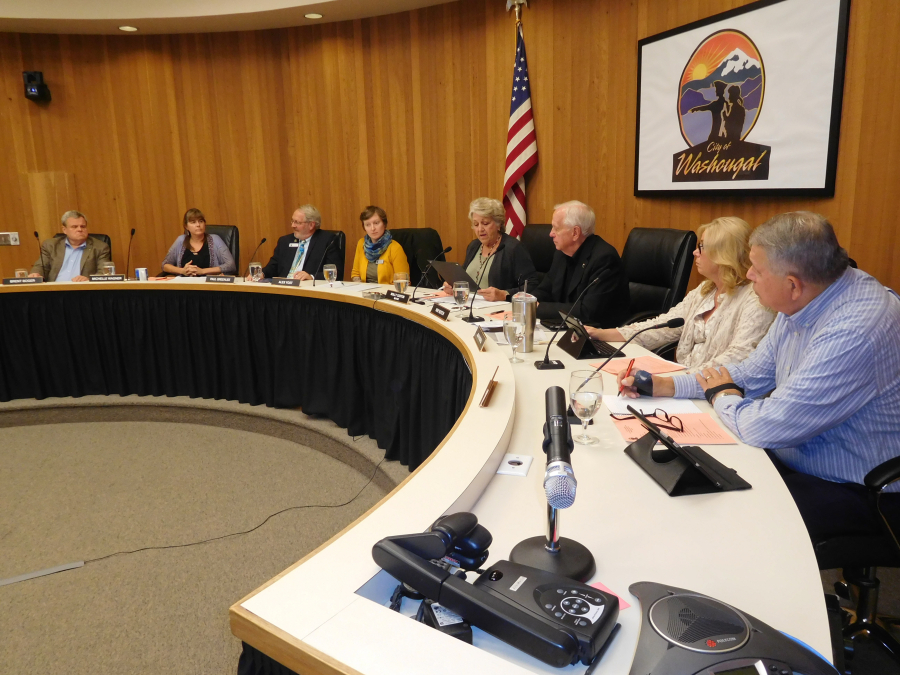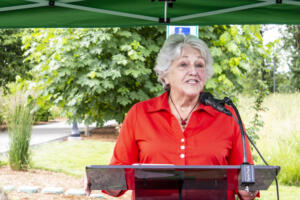Should Washougal keep its “strong mayor” form of government or switch to a “strong council”? That’s the question Washougal voters will decide in the upcoming Nov. 6 general election.
Proposition 8 (Prop 8), which will be on the Tuesday, Nov. 6 general election ballot, needs a simple majority of at least 50 percent plus one vote to pass.
If approved, Prop 8 would change Washougal’s form of government from mayor-council, or “strong mayor,” to council-manager or “strong council.”
Under a “strong mayor” system, an elected mayor has veto power and oversees the city’s employees and daily business. Under a “strong council” form of government, the council-appointed mayor is a city council member and ceremonial figurehead, and a city manager, also selected by the council members, oversees the city’s day-to-day business.
A Washougal Citizens Government Advisory Committee, made up of several involved Washougal city, community and school district volunteers, recommended earlier this year that city councilors pose the question to voters in the November election.





